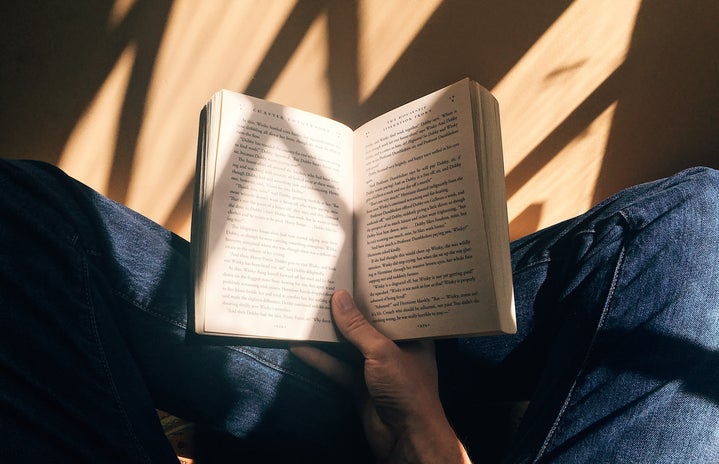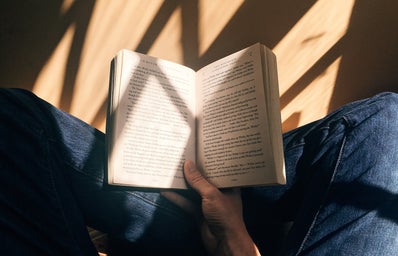I’ve been meaning to read the book Loveless by Alice Oseman ever since I came across it on BookTok late last year, and this summer I finally got my hands on the book. Once I picked it up, it was pretty hard to put back down, and I finished reading it in two weeks. With how much I liked this book, I thought it would be a good idea to write a book review and delve deeper into what really stood out to me while reading.
Warning: This book review contains spoilers about what happened in the book.
The first thing that immediately caught my attention while reading this book was how relatable it was, especially with how much I could relate to Georgia, the main character in Loveless. I found that throughout the book I related to some of the experiences that Georgia went through regarding her sexuality, and I also related to her personality in some aspects as well. For example, I heavily related to her when she talked about how she thought she had a crush on someone for a while, only to find out that she didn’t even really like him in the first place, and that she would pick someone to have a crush on sometimes.
Besides realizing many things about myself, this book also helped to solidify my asexual identity. I already knew that I was asexual before reading this book, but reading about Georgia’s experiences helped make me feel more confident in my asexual identity.
Another thing that stood out to me while I was reading Loveless was the fact that romance is very centered in society. Certain societies push for people to be in romantic relationships and a lot of the media that people consume usually always have some sort of romance in it. When I was younger, I feel as though I recognized this, but I still thoroughly enjoyed (and still enjoy to this day) consuming any type of media that had romance in it.
The thing about that, though, is that it becomes a bit too much when it seems as though everyone around you is raving about romance, especially when they’re trying to push you to be romantic as well. This happened to me in middle school, when some of my friends at the time were asking me what my type was and trying to help me get into a romantic relationship when I didn’t even want to be in a relationship.
I can see how Georgia, who sees everyone around her talking about romance and being in romantic relationships, may want to be in a relationship because of that or could feel pressured to get into a relationship to “catch up” with everyone else. However, as seen in this book, Georgia tries at romance numerous times and finds out that it just isn’t for her after a while. While she’s upset at that at first, she eventually starts to come and accept that part of her and doesn’t try to push away her aromantic identity anymore afterward. Instead of emphasizing romantic relationships in her life, she then starts to put more emphasis on her platonic relationships with her friends and other people that she cares deeply about.
Talking about platonic relationships, I wanted to bring up a part in the book where I felt as though they showed platonic relationships perfectly. It’s in the chapter titled Grand Gesture on page 372, where Georgia tells her roommate, Rooney, how much she means to her as one of her friends, and Rooney then tells Georgia that she platonically loves her. It was a very heartfelt part of the book, and I personally would say that it’s one of the best chapters in the book.
That whole conversation that both Georgia and Rooney had regarding their platonic love towards one another felt like an important part of the book, in my opinion. I felt like it was quite important because it showed that platonic relationships are very important and that you don’t need to be in a romantic relationship to feel fulfilled in life. Obviously, everyone has their own opinions as to what they find more important in life regarding relationships, but I feel like this passage showed me that instead of focusing all of my time on trying to get into a relationship, I should spend more time with my friends and building on those relationships.
The final thing I wanted to bring up about this book was how much I loved both Rooney & Pip’s romance. I enjoyed reading the back-and-forth banter between them, and how they finally opened up to each other in the bonus part at the end of the book. Also, reading how Pip tried to pretend that she hated Rooney instead of admitting to having a massive crush on her was pretty entertaining (and relatable).
It was very refreshing to read a book with aroace representation, and I recommend this book to anyone who is aromantic, asexual, or aroace.


